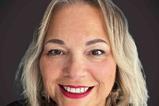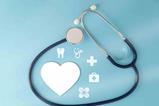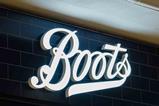
Research has revealed that dependants of employees with insured employer-sponsored death benefits have received more financial payouts due to Covid-19 (Coronavirus) in the first half of 2021 than the whole of 2020.
Group Risk Development (Grid), the industry body for the group risk sector, also found that nearly 10 million UK employees currently have death benefits insured through the group risk market, and the average payment was more than £98,000.
During the first half of 2021, the group risk industry supported 1,218 families of employees who died from Covid-19 with group life benefits, which is 35% more than the 891 families that received support in last year.
The total value of these benefits paid as a result of Covid-19-related claims was calculated at £125.7 million for the first half of 2021, compared to £93 million for 2020. The average lump-sum payment for Covid-19 related claims for this period was £98,112.
The research also found that 18% of all group life claims paid by insurers during the first half of 2021 were related to Covid-19. This is in line with ONS statistics for England and Wales, where just under 20% of all deaths in the working-age population during this period were due to Covid-19.
Katharine Moxham, spokesperson for Grid, commented that the financial hardship that can follow the death of a loved one can be “devastating”, and can impact the mental and physical health and wellbeing of those left behind.
“Employers that offer group life assurance to their staff provide some of the best possible support for wider health and wellbeing. This is one of the most affordable employee benefits, and is also one of the most tangible, and this benefit would have been hugely valued by those that have been affected,” she said.
Moxham added that the increase in payouts shows the impact that Covid-19 continues to have, and how important it is that businesses offer employee benefits that provide financial support to their staff, particularly following the pandemic.
































